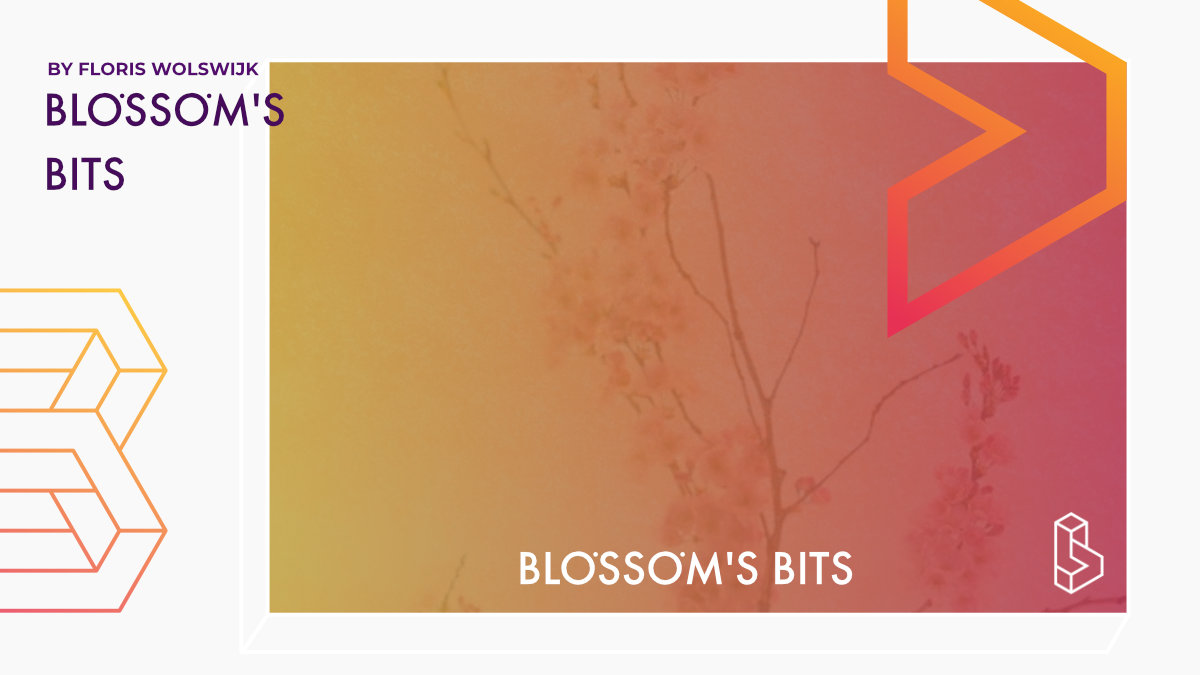The world of psychedelics as medicines is changing faster than ever.
It’s difficult to keep up with all that is new.
After over 40 hours of #ICPR2022, here’s what I learned:
1. The field is growing fast
What surprised me most was that 85% of the attendees of ICPR were at a psychedelic conference for the first time. Compared to the last in-person ICPR (2016), attendance has tripled.
One thing that this updated for me is that there is much more opportunity in (re)explaining the basics – vs (only) going after the latest novel insights (but don’t worry, the rest of this post is about the cutting edge)
2. MAPS MDMA-assisted therapy will be available in 2024
The first psychedelic-assisted treatment (outside of ketamine) will take longer to go live (previous estimates said ’23). Europe will follow two years later in 2026 (Phase III trial with 70 participants starting any moment).
Where will MAPS PBC make money? The plan currently is to charge (a lot) for the MDMA (from $1 up to $20 p/mg, or $200-$4000 per session). In all scenarios – Elliot Marseille calculates – the healthcare payer will save money.
3. Extended DMT administration went well
Lisa Luan discussed the ongoing trial where experienced psychonauts were administrated DMT for 30 minute straight (one big ‘bolus’ (high starter dose) and then kept it at the same level).
In scientific terms, they were “tripping balls” for the full 30 minutes. All landed back on earth, but many would have liked to continue the trip (only two trips were aborted early). Data on the specifics will follow when the paper is published.
4. Methylone, a better MDMA?
Two presentations highlighted the effects of Methylone – a compound similar to MDMA. The naturalistic (not in a clinic) study found that 81% of participants had ‘much/very much’ improvements in PTSD symptoms.
The animal (mice) study found promising results (better than MDMA, ketamine, and psilocybin) in a proxy test of antidepressant effects (Forced Swim Test). Earlier data finds less affinity for serotonin receptors and more for dopamine receptors – possibly pointing towards lower toxicity.
5. Two decades of research by Roland Griffiths, the end of an era
An online presentation by Roland Griffiths detailed the groundbreaking work done by his team at Johns Hopkins (JH). From the first psilocybin for smoking cessation trials to some of the largest psychedelic trials to date. Over 800 sessions have been conducted at JH.
Roland ended the presentation on a personal note. In a twist of fate, he was now in the same situation as the first people they studied – a regular colonoscopy discovered Stage 4 cancer. He finds solace in meditation and celebrates the life he has lived so far.
Become a psychedelic insider
Get a Pro Membership to enjoy these benefits & support Blossom📈 full reports on Topics & Compounds
🧵 full summary reviews of research papers
🚀 full access to new articles
See Memberships

